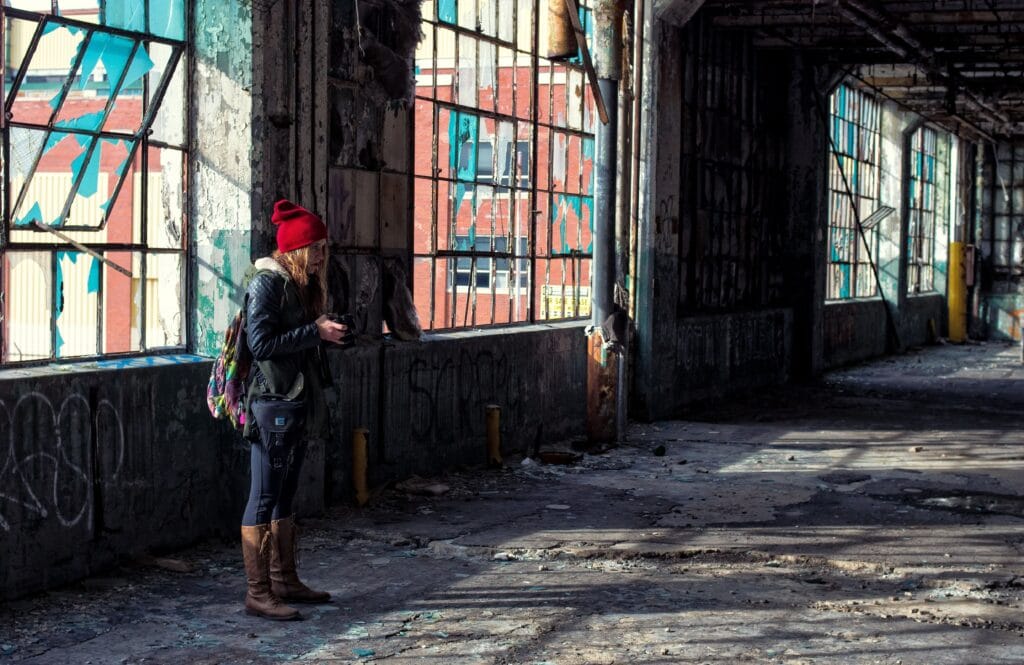Stories in the news featuring security guards and personnel very rarely show them in a good or positive light. Headlines feature guards almost every day stealing the items they’re supposed to be guarding, assaulting the people they’re hired to protect, or just generally getting into all sorts of trouble.
These are only the more sensational examples, too – many guards break the law or open up their employers to liability in more subtle ways during everyday interactions due to a disregard for or ignorance towards the law. The fact is, bad security personnel may end up being worse for your business than no security personnel at all thanks to civil suits and criminal charges.
Chris Eggers, founder of Cannabis Compliance Security Solutions, has more than one war story featuring incompetent security guards from his time as a police officer in San Francisco. One of the worst examples of a guard’s overzealous execution of his job functions leading to trouble for his employer comes from the famous Candlestick Park and its brief period of fame as a spot for local photographers.
Urban Decay Meets Urban Photography

Candlestick Park was the primary stadium for San Francisco’s various sports teams from its opening in 1960 until the final games were played in the Giant’s 2013 season. After one final concert by Paul McCartney in 2014, the stadium was slated for destruction to be gloriously reborn into an office park.
With the end in sight, regular maintenance fell off after the park stopped being used and the gradual stripping of the usable materials provided local photographers an ideal location to capture the rapid onset of urban decay. The shattered visage of a previous iconic landmark drew interested hobbyists from all over the bay area, hoping to sneak a couple pictures of the once proud stadium’s final days.
The presence of the photographers in a dangerous, condemned area that was slated for destruction presented a number of problems for the property owners since any injury they suffered might turn into a lengthy lawsuit. To deter any shutterbugs from trespassing to snap a few shots, they began hiring security personnel to patrol the grounds.
Local San Francisco Police Department officer, Chris Eggers, received a call to respond to a report from one such security guard, hoping to get an officer to come and cite a couple who had been caught snooping around the property. Upon arrival, he found the guard holding a shattered camera and a very distraught pair of photographers.
Recognizing the camera as a particularly expensive model thanks to a cousin in the field, Chris began interviewing both the very unhappy would-be urban photographers and the security guard. The guard’s story was simple and to the point: he caught the couple trespassing on the property, confiscated the camera, and somehow dropped it along the way as he escorted the couple to the exit.
The photographers painted a very different picture. Interviewing them separately, they both told the same story: after stopping them, the guard confiscated the camera and then proceeded to violently smash the camera on the ground multiple times before escorting them off-premises, to “teach them a lesson”.
Observing the state of the camera, it was obvious that it would have had to have been one serious accident for it to end up in its present shattered state. The couple received their citation and went on their way; the guard, on the other hand, was arrested for felony destruction of property after further evidence supported the photographers claims.
Lessons Learned

The guard in the story may have been having a bad day, or he might have been sick and tired of having to deal with the yuppies who were hoping to get a bit of excitement and sneak into a condemned area and wanted to send a message to any others who might follow suit. Whatever the case, he committed a crime on the job and ended up causing far more harm to both himself and his employer than any good he did in apprehending the photographers.
Poorly selected and trained guards can easily open their employers up to both criminal and civil liability. The nature of the job puts them in situations that are uniquely dangerous and emotionally charged, so unless they’re well versed in the ins and outs of the law and trained in how to handle those situations, they will revert to unlawful or destructive behavior that can make bad situations worse.
For business owners in especially risky industries like cannabis growth and distribution that have an attractive product and deal primarily in cash, it’s all the more important to have properly trained security personnel. They can make or break your business’s survival in the likely event that it is targeted by criminal elements. Ensuring that you have a process in place to manage, audit and run your security program will help minimize your liability.
That’s why Chris Eggers started CCSS – the unique insights provided by a previous law enforcement officer gives your security staff the edge it needs to counter almost any threat that your business may face. CCSS provides in-depth training to both staff and security guards, so they can take the appropriate steps to lower risks to your product, employees, customers and your business.


Recent Comments